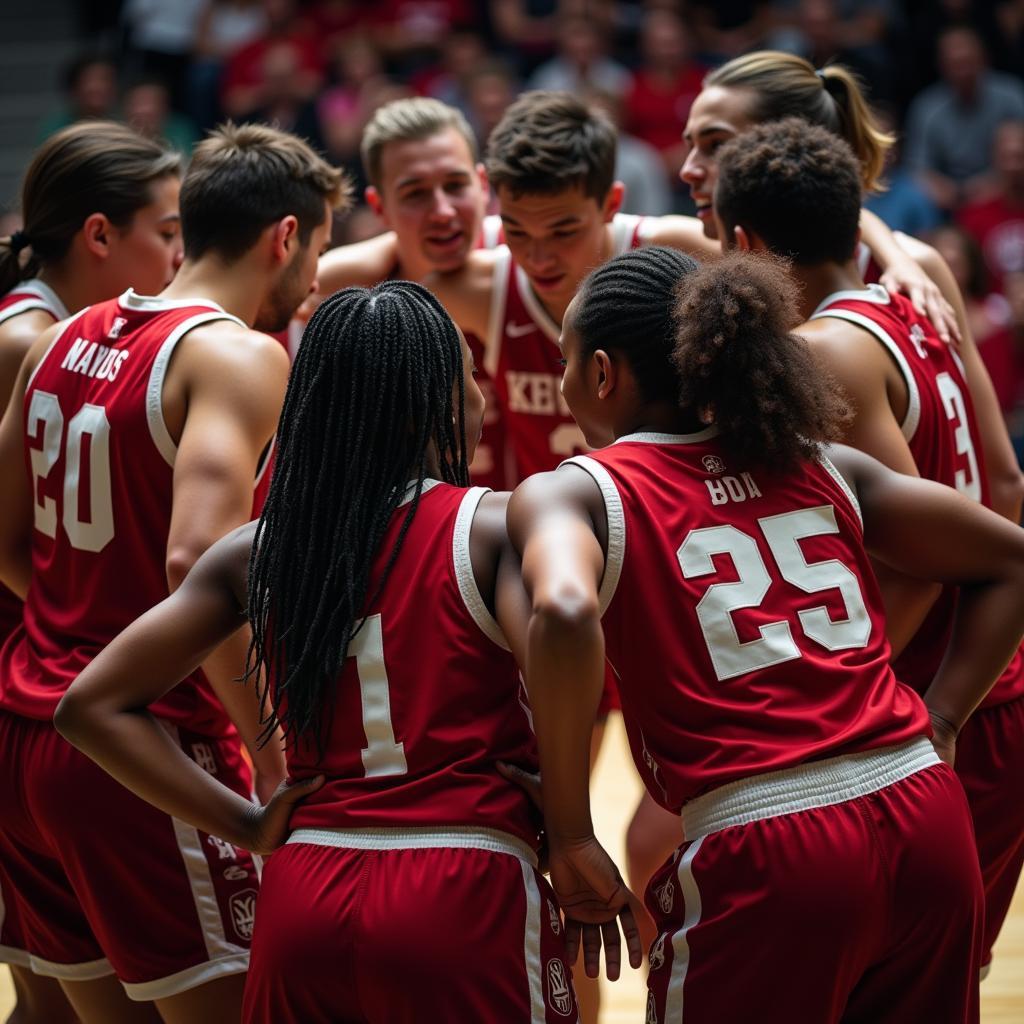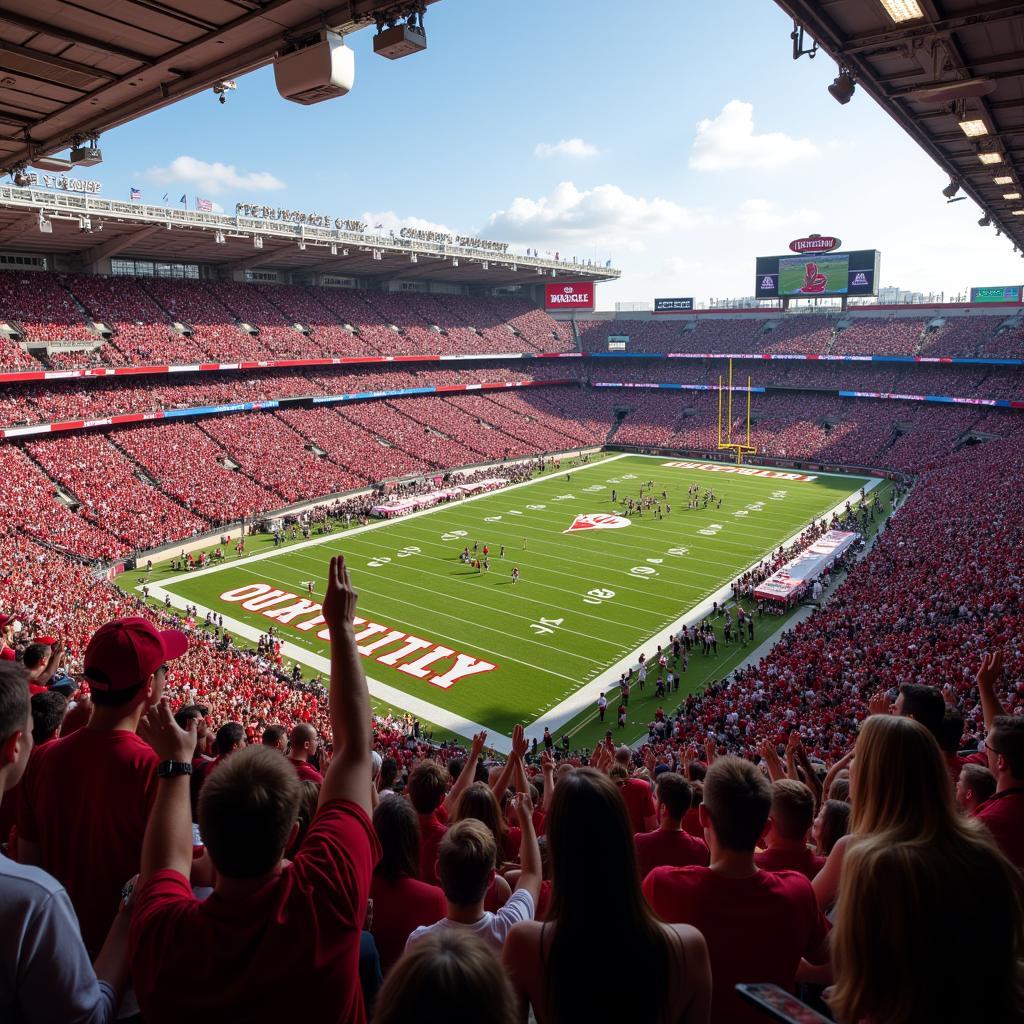The transfer portal, while seemingly offering athletes more freedom and opportunities, has sparked intense debate about its overall impact on college sports. While it has helped some athletes find better situations, many argue that the transfer portal is bad for the long-term health of college athletics. The floodgates have opened, leading to a culture of constant movement and a lack of commitment, ultimately harming the integrity and spirit of collegiate competition.
The Illusion of Freedom: Why the Grass Isn’t Always Greener
One of the biggest arguments against the transfer portal is that it creates an illusion of freedom for athletes. While it seems empowering to choose where you want to play, the reality is often much more complex. Many athletes enter the portal without guaranteed scholarships or roster spots, leaving them vulnerable and potentially jeopardizing their academic and athletic futures. The allure of more playing time or a higher-profile program can be tempting, but it’s crucial to remember that there’s no guarantee of success after transferring.
The Erosion of Team Unity and Commitment
 College Basketball Team Huddle
College Basketball Team Huddle
College sports thrive on the concept of teamwork, dedication, and building a shared legacy. The transfer portal has introduced a level of uncertainty that can be detrimental to team chemistry and overall program stability. Players are more likely to leave if things get tough or if they don’t immediately secure a starting position. This constant churn disrupts team dynamics and makes it challenging for coaches to establish a consistent culture and identity.
The Competitive Imbalance: A Recipe for Super Teams?
 Packed College Football Stadium
Packed College Football Stadium
Critics of the transfer portal also argue that it contributes to a growing competitive imbalance in college sports. Top programs with established reputations and resources can leverage the portal to poach talented players from smaller schools, creating a cycle where the rich get richer and the gap widens. This not only diminishes the competitive balance but also limits opportunities for athletes at smaller colleges to shine and potentially advance to the professional level.
A Need for Reform: Finding a Sustainable Path Forward
The transfer portal, in its current form, raises valid concerns about the future of college sports. While it’s essential to provide athletes with options and flexibility, it’s equally important to find a balance that preserves the integrity, competitiveness, and spirit of collegiate athletics. Reforms that promote responsible use of the portal, prioritize academic well-being, and ensure transparency and fairness for both athletes and institutions are crucial to creating a sustainable path forward.
FAQs
1. How does the transfer portal work?
The transfer portal is an online database that allows college athletes to enter their names and become eligible to be contacted by other schools regarding a potential transfer.
2. What are the immediate consequences of entering the transfer portal?
Entering the portal doesn’t guarantee a scholarship or a roster spot at another school. It also may affect an athlete’s eligibility to play immediately at their new institution.
3. Are there any restrictions on transferring within conferences?
Conference rules regarding intra-conference transfers vary. Some conferences have restrictions or penalties in place for athletes transferring within the conference.
4. How has the transfer portal impacted coaching strategies?
Coaches now face the challenge of managing rosters with greater uncertainty and potential for turnover. They also need to adapt their recruiting strategies to account for the possibility of players transferring.
5. What are some potential solutions to address the concerns surrounding the transfer portal?
Potential solutions include implementing stricter transfer rules, establishing clear guidelines for athlete well-being and academic progress, and fostering greater communication and transparency between athletes, coaches, and institutions.
Need help navigating the world of college sports? Contact us!
Phone Number: 0902476650
Email: [email protected]
Address: 139 Đ. Võ Văn Kiệt, Hoà Long, Bà Rịa, Bà Rịa – Vũng Tàu, Việt Nam.
Our dedicated support team is available 24/7 to assist you.





